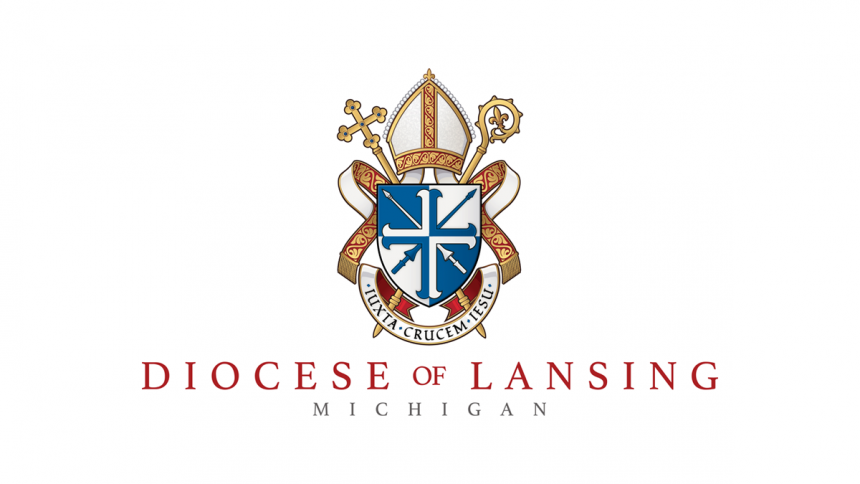
In response to the Declaration Fiducia supplicans issued by the Vatican’s Dicastery for the Doctrine of the Faith yesterday, December 18, the U.S. Conference of Catholic Bishops (USCCB) issued the following statement yesterday from its spokesperson, Chieko Noguchi, executive director of public affairs.
“The Declaration issued today [December 18] by the Vatican’s Dicastery for the Doctrine of the Faith (DDF) articulated a distinction between liturgical (sacramental) blessings, and pastoral blessings, which may be given to persons who desire God’s loving grace in their lives. The Church’s teaching on marriage has not changed, and this declaration affirms that, while also making an effort to accompany people through the imparting of pastoral blessings because each of us needs God’s healing love and mercy in our lives.”
Meanwhile, the Diocese of Lansing’s Director of Marriage & Family Life, Richard Budd, said December 19:
“As the US Conference of Catholic Bishops have clarified, the Vatican’s Dicastery for the Doctrine of the Faith’s declaration Fiducia supplicans changes nothing regarding the Church’s perennial teaching on marriage, the family or same-sex relations. As the document itself confirms, these teachings are good, true and beautiful and can neither change nor be changed.”
“What the document clarifies is the question of what a priest should do if people approach him for a spontaneous blessing and, thus, ‘show by this request their sincere openness to transcendence, the confidence of their hearts that they do not trust in their own strength alone, their need for God, and their desire to break out of the narrow confines of this world, enclosed in its limitations’.”
“In this circumstance the non-liturgical blessing of the priest is a pastorally-sensitive means of imparting supernatural grace upon those who are sincerely seeking God’s will in their life. Most likely, this is what many good and holy priests already do. What clerics are not being asked, nor expected to do, is to bless immorality which would, obviously, be a contradiction in terms.”
“Indeed, as Fiducia supplicans says ‘there is no intention to legitimize anything, but rather to open one’s life to God, to ask for his help to live better, and also to invoke the Holy Spirit so that the values of the Gospel may be lived with greater faithfulness’.”
ENDS
